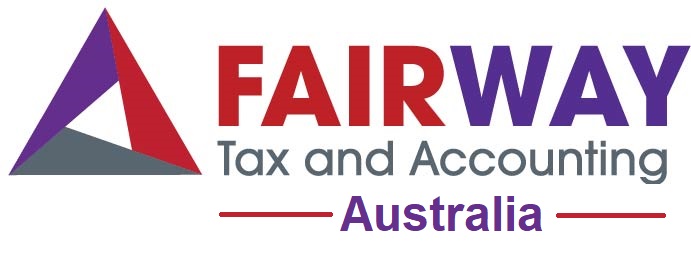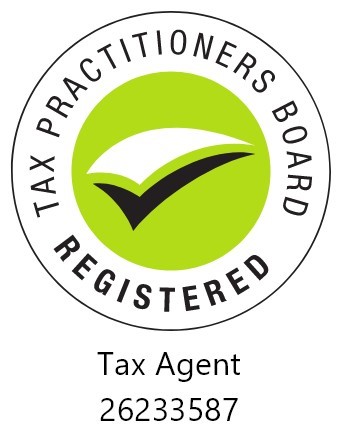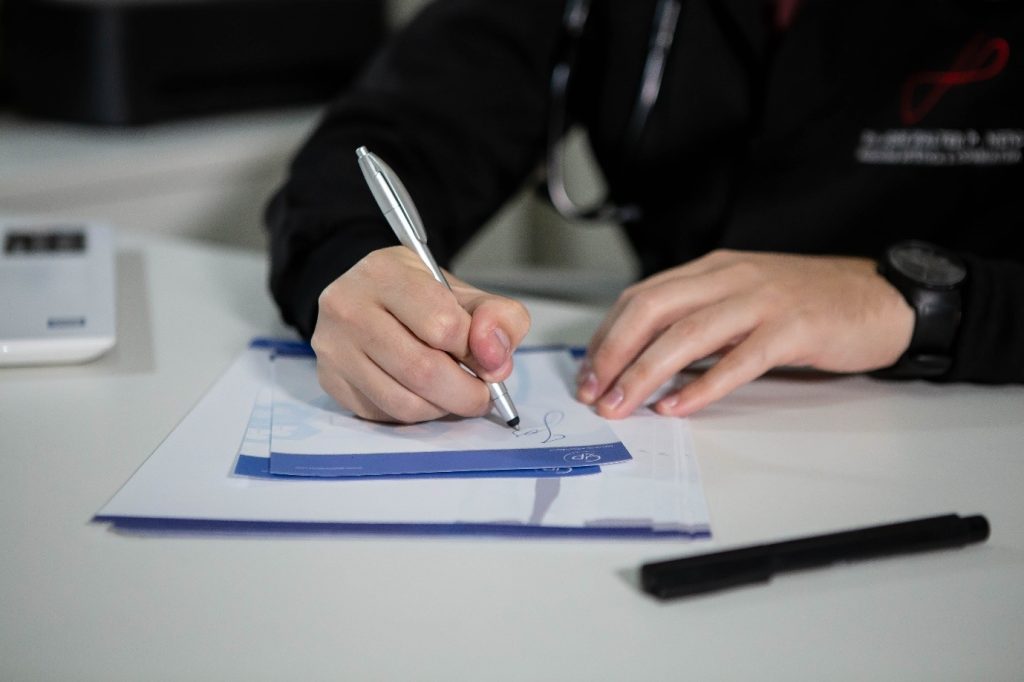How is your record keeping when it comes to your business and personal finances?
Your accountants and advisors will emphasise the importance of good record keeping.
Never dismiss this advice or put it on the backburner as something you’ll get to.
While good record keeping isn’t always difficult to accomplish, getting started on the practice is often forgotten until long after the events.
As you approach the end of the financial year, ask yourself if your recording of the details of transactions, meetings, discussions and even simple business phone calls could be improved.
Why adopt the practice?
1. Easy to do
2. Saves you money
3. Saves you time
4. Reduces stress
5. Avoids future disagreements
1. Easy to do
Record keeping is about getting yourself into a good practice (if you aren’t there already) of keeping supporting documents for most of the things you do in your business or in relation to your personal finances.
Technology is also making it easier to keep such records including the ability to:
• Take photos of receipts and record notes about the spend
• Keep digital notes of phone conversations and the dates they occurred
• Upload those into your financial package or provide them to your accountants and advisors
• Reduce the likelihood of the details being lost in a pile of papers
Once in place, such good practices become instinctive. They’re easy to do; you’ve just got to start and then stick with it.
2. Saves you money
Advisor fees – can often be based, in part, on the quality of your record keeping. The better practices you employ might mean lower costs when you engage their services as they’ll be able to spend less time trying to decipher your records.
Cost effective future financial decisions – when based on the strength of your well documented past trends. The more precise and detailed your past records, the greater the likelihood you’ll make well informed and careful spending decisions in the future.
3. Saves you time
Less time in retracing the details – particularly when you need to advise your accountant regarding what is business and what is personal expenditure.
Less time spent if you are subject to a tax audit – as your answers will already be there. If you are selected for a review by the ATO, great records also mean less time spent by your accountants and advisors if they are needed to support you during such an audit.
4. Reduces stress
Recalling spend details can be stressful. Having a good record keeping practice will mean you won’t need to spend extra time retracing your decision steps or recount the purpose of the spend.
If subject to a tax audit – you’ll feel more confident in the returns you’ve submitted.
5. Avoids future disagreements
Contracts and agreements – can sometimes end in dispute, particularly when it comes to contract and variations. Nothing works more in your favour than clear records of phone conversations, contract discussions and verbal confirmations.
Discussion with the ATO – are often helped by clearer records. When you’ve needed to negotiate with the ATO to work a payment plan for your tax liabilities, experience shows that having records of conversations, agreements and payments is always the best practice, particularly if your circumstances change and you need to request a variation to a previously agreed payment plan.
Time for a change?
If you’ve not already a good record keeping practice, start now.
• Record the purpose of transactions alongside the receipt
• Begin keeping notes of physical or video meetings.
• Share those notes with the attendees to confirm your understanding of what was discussed and what was agreed.
• Write up notes of negotiations with those you contract with.
• Never get comfortable that “everything will be alright”
Proper planning prevents potentially painful problems. If you’d like further guidance on these matters, get in touch with us.



